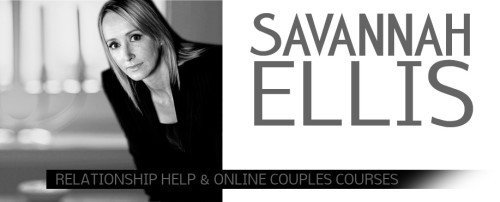Views: 43
The movie, Unfaithful , does a great job of portraying how infidelity occurs to people in the typical “solid” marriage or relationship.
I called it the “Mr & Mrs N.I.C.E marriage.” The marriage is NICE but lacks excitement, adventure, spontaneity, variety, and passionate love. You could say to me, “Savannah, marriages don’t have to be exciting every darn day!”
That is true. However, with a little vision and creating an environment of intimacy, the character Diane Lane played, would not have been open to cheating.
In this movie, Diane Lane’s character plays a happy housewife, who cheats on her husband, because of a chance encounter with an attractive stranger.
Her emotions, in particular, her sexual desire, gets the best of her resulting in decisions which even she finds appalling.
In short, most infidelity occurs, not because it is planned, but because people find themselves in situations where their emotions overwhelm them.
What types of situations influence our emotions and bring out the worst in our behavior?
- Being close or interdependent on someone other than one’s spouse
- Being around someone who is sexually interested
- Spending a lot of time one-on-one with someone else
- Not feeling close or connected to one’s spouse (e.g., feeling lonely, being upset or angry with a spouse, etc.)
- Situations that create the sense of opportunity – the feeling that one will not get caught (e.g., meeting someone in private, out of town trips, etc.).
- Situations involving alcohol or drugs
When placed in these types of situations, one’s emotions often prompt people to act in ways which are contrary to what is right.
On occasion, poor decisions get made.
Unfortunately, for many people, it is very difficult to always be in control of one’s emotions when placed in these types of situations.
KEY: If you know that you are in a stage of your current relationship, where the relationship is stagnant or “dull”, or “functional”, ensure you avoid the about situations.
NEED SOMEONE TO TALK TO?
Make an appointment to talk with me about it. Maybe you only need 1 or 2 sessions, just to get you back on track. Therapy doesn’t mean there is something wrong with you, rather it is prevention and helping one align to their vision.









